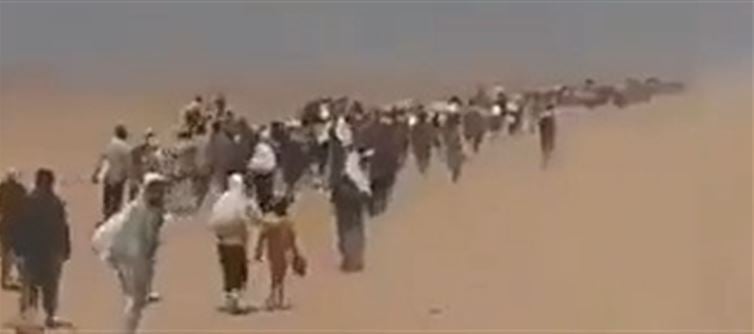
The scale and brutality of the crimes committed against the Yazidis have been thoroughly documented by the UN, human rights groups, and survivors, yet global reaction was tepid at best. Despite the gravity of these crimes, widespread public protests, social media campaigns, and sustained outrage—like those seen for other international causes—were largely absent.
This lack of global response, especially from many progressive voices and mainstream activist movements, has fueled accusations of selective outrage. While massive mobilization occurs around issues like Gaza or Western political struggles, the Yazidis' suffering barely broke through to public consciousness.
Many Western leftists who are quick to decry injustice elsewhere remained silent when isis targeted Yazidis for extermination. Likewise, many Muslim leaders and organizations, though vocal in opposition to foreign interventions or Islamophobia, failed to respond with equal passion or urgency to condemn the slaughter of Yazidis by Islamist extremists. This glaring imbalance raises uncomfortable questions about whether some lives are deemed more worthy of attention than others—depending on politics, religion, or narrative convenience.
Selective outrage not only deepens divisions but also undermines the credibility of human rights advocacy as a whole. A true commitment to justice and human dignity means standing up for victims regardless of their identity, faith, or the perpetrator involved. The Yazidi genocide should have united people across ideological lines in a shared demand for accountability, protection of minorities, and condemnation of extremist violence.
Instead, it was met with disturbing silence. If we are to move toward a more just world, we must confront these inconsistencies, hold all perpetrators of violence accountable, and ensure that no victim group is forgotten simply because their story doesn’t serve a prevailing political agenda.




 click and follow Indiaherald WhatsApp channel
click and follow Indiaherald WhatsApp channel